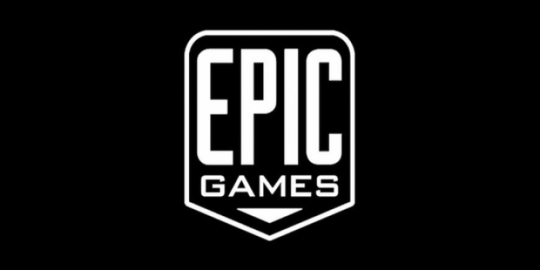
Epic Games, the developer of the immensely popular free-to-play game Fortnite, has been hit with a significant fine of €1,125,000 ($1,221,545) by The Netherlands Authority for Consumers and Markets (ACM). The penalty comes after an investigation found that the game’s in-game store tactics were designed to exploit the vulnerabilities of younger players. These violations have sparked an ongoing debate about ethical gaming practices, especially when it comes to marketing to children.
The ACM's investigation revealed that Fortnite's store used aggressive language like "Get It Now" or "Buy Now," which was deemed to manipulate children into making impulsive purchases. For these specific tactics, Epic Games was fined €562,500 ($611,311). The regulator determined that these call-to-actions constituted an “illegal aggressive commercial practice,” putting undue pressure on the young players to spend money on in-game items.
In addition to the aggressive language, the in-game store also utilized countdown timers to create a false sense of scarcity. Items appeared to be available only for a limited time, exploiting the fear of missing out (FOMO) among children. However, the investigation found that many of these items were often available even after the countdown expired. This misleading practice led to an additional €562,500 fine, bringing the total penalty to over a million euros.
The ACM has given Epic Games until June 10, 2024, to comply with its directives. Among other changes, Epic is required to extend the purchase decision period for players under 18 and reduce the uncertainty of item availability. To address these concerns, Epic has already taken steps such as removing all countdown timers globally and ensuring that items in the Dutch market remain available for at least 48 hours for younger players.
Despite these changes, Epic Games plans to appeal the decision, claiming that the ACM’s findings contain significant factual errors. The company argues that the mandated changes would result in a poorer experience for players. As the gaming industry faces increasing scrutiny over its use of microtransactions, this case serves as a critical reminder of the ethical responsibilities that come with engaging a younger audience. It remains to be seen how the appeal will unfold, but the case has already sent ripples through the gaming community and regulatory bodies worldwide.